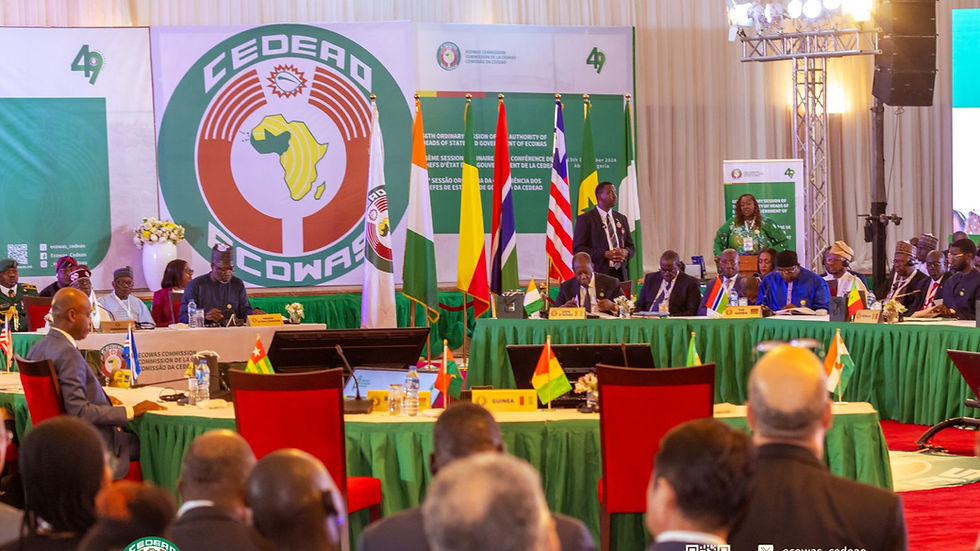More than 150 cities join the global call for drug policy reform
- WADPN

- Jul 8, 2015
- 4 min read
On or around the 26th June, activists and allies in more than 150 cities all around the world came out as part of the Support Don’t Punish campaign’s ‘Global Day of Action’. This was the third year that the Day of Action has been held – with the momentum clearly building in time for the UN General Assembly Special Session (UNGASS) on drugs in April 2016 – from 41 cities in 2013, to 100 in 2014 and now 156 (at our last count) in 2015.
The actions varied in size and design: from small gatherings of supporters in countries as diverse as Guinea and Kazakhstan, to larger protests in France and the USA, and a range of music events, dance displays, flash mobs and sport tournaments. Seminars, debates, workshops and meetings were held in Australia, Benin, Brazil, Colombia, Denmark, Gambia, Ghana, Malawi, Mali and Thailand, among others – including a Parliamentary Meeting in London, UK. In Denmark, supporters promoted the campaign messages at a national political festival on the island of Bornholm, while partners in Australia, Puerto Rico, Uruguay and the UK used graffiti, large murals and street art to highlight the need for reform. In Egypt, advocates visited key tourist sites dressed as Support Don’t Punish pharaohs!

The Support Don’t Punish campaign calls for an end to the expensive and counter-productive war on drugs. It provides a broad umbrella under which local and international partners can push for better, more effective drug policies that prioritise public health and human rights. Partners can use the campaign to promote their local messages and issues – this year, the focus of actions ranged from urine testing practices in Georgia, drug treatment for young people in Macedonia, the decriminalisation of cannabis and kratom in Thailand, to the UNGASS itself (especially at the New York action). In Athens, Belgrade, Bratislava, Bucharest, Budapest, Sofia and Warsaw, local NGOs combined the Support Don’t Punish campaign with the Room for Change project to promote the need for safer injection facilities.
In some countries, events were held in a number of cities at the same time – such as in Canada, India, Indonesia, Ireland, Myanmar and the USA. Others focused on their capital cities or other key landmarks. Crucially, in many countries, the actions were designed or delivered by, or in partnership with, local networks of people who use drugs: such as in France, Greece, India, Indonesia, Kenya, Malaysia, Nepal, Portugal, Tanzania and the USA.
At the same time, the campaign once again had a major impact on local media and social media, demonstrating the global show of force for policy reform. Thanks in part to a Thunderclap supported by more than 500 people on Facebook, Twitter and Tumblr – including Sir Richard Branson and former UN Secretary General Kofi Annan – the campaign reached 6.7 million people on the 26th June on Twitter alone, and now has nearly 20,000 ‘likes’ on Facebook. The campaign was also mentioned in a statement from the President of the Council of Europe and a blog from the Executive Secretary of the Pompidou Group at Council of Europe. Even the UN Secretary General Ban Ki Moon said in his statement on the day: “We must consider alternatives to criminalization and incarceration of people who use drugs… We should increase the focus on public health, prevention, treatment and care”.

#supportdontpunish reach between 24th and 26th June
The 26th June is an important date for these actions to take place: 70 years ago, the Charter of the United Nations was signed on this date in the USA. The Charter seeks to “reaffirm faith in fundamental human rights, in the dignity and worth of the human person” – a core principle of the newly-founded United Nations. It is ironic, therefore, that the 26th June has also been the UN’s International Day against Drug Abuse and Illicit Trafficking since the late-1980s – a day when many governments celebrate their contributions to a global war on drugs that has overseen widespread human rights violations and abuse. By the UN’s own admission, the war on drugs has failed to reduce drug use and has led to serious negative consequences, yet governments have chosen to commemorate this day in the past with public executions or beatings of drug offenders.
Public events such as this cannot guarantee change, but they are a crucial part of a building global momentum for better drug policies – one which is being increasingly noticed and heard by the media and politicians. For example, the campaign now has nearly 6,000 images as part of its Interactive Photo Project – a kind of photo petition which will be used at the UNGASS itself to demonstrate the global nature of the calls for reform. You can take part in this part of the campaign at any time – simply download the campaign poster, take your photo and then send it to campaign@idpc.net to be included.
The best photos from the Global Day of Action can be viewed on Facebook alongside links to some of the media coverage and videos from around the world. We are currently working hard to gather all of the photos, videos, links and media articles about the actions, and will upload all of these to www.supportdontpunish.org in the coming weeks, alongside a new video highlighting what the campaign has achieved to date.
Thank you to all of the partners, allies and supporters who have made this campaign so successful to date. Together, we can keep this momentum going for the UNGASS and beyond, and make sure that our voices are heard loud and clear: Support, Don’t Punish!
By Jamie Bridge, IDPC Senior Policy and Operations Manager




Comments